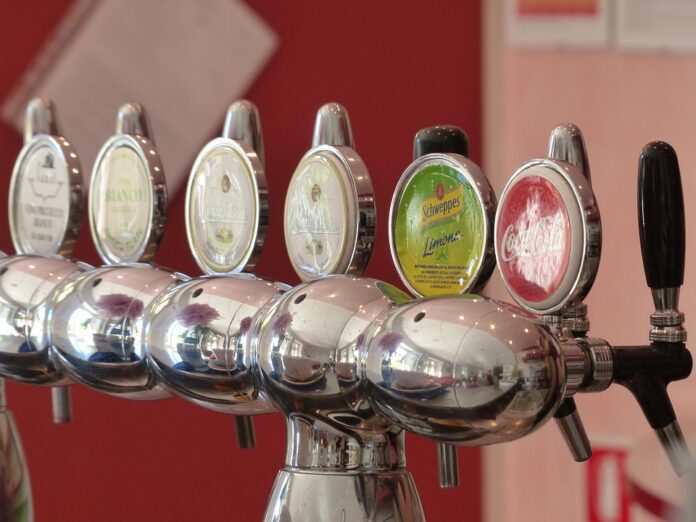Introduction
The beverage industry is highly competitive, with brands constantly looking for ways to set themselves apart from the competition. One way that companies are enhancing their branding is through closure color and shape customization. By customizing the closures on their bottles and cans, companies can create a unique and memorable brand experience for consumers. In this report, we will explore how beverage branding can be enhanced through closure color and shape customization, and the impact it can have on a company’s bottom line.
Industry Overview
The global beverage industry is a multi-billion dollar market, with a wide range of products including carbonated soft drinks, energy drinks, juices, and alcoholic beverages. According to Statista, the global beverage market was valued at $1.5 trillion in 2020, with a projected annual growth rate of 3.6% from 2021 to 2025.
Importance of Branding
Branding plays a crucial role in the success of a beverage company. A strong brand can create loyalty among consumers, differentiate a product from competitors, and ultimately drive sales. With so many options available to consumers, it is essential for beverage companies to stand out in a crowded market.
Closure Color and Shape Customization
One way that beverage companies are enhancing their branding is through closure color and shape customization. By customizing the closures on their bottles and cans, companies can create a unique and eye-catching packaging design that resonates with consumers. This customization can help a brand to be easily recognizable on store shelves, and create a memorable brand experience for consumers.
Financial Impact
The financial impact of closure color and shape customization can be significant for beverage companies. According to a study by Nielsen, 64% of consumers try a new product because the packaging catches their eye. By customizing the closures on their packaging, companies can increase brand visibility and attract new customers. This can ultimately lead to an increase in sales and revenue for the company.
Case Study: Coca-Cola
One of the most iconic beverage brands in the world, Coca-Cola, has successfully used closure color and shape customization to enhance their branding. Coca-Cola’s signature red color is instantly recognizable, and the unique shape of their bottle closures adds to the brand’s visual identity. By consistently using these elements across their product line, Coca-Cola has created a strong brand presence that resonates with consumers worldwide.
Financial Data
In 2020, Coca-Cola reported net operating revenues of $33 billion, with a net income of $7.6 billion. The company’s strong branding and marketing efforts have contributed to its success, with Coca-Cola being one of the most valuable brands in the world.
Industry Trends
The beverage industry is constantly evolving, with new trends and innovations shaping the market. One emerging trend is the use of sustainable packaging materials, as consumers become more environmentally conscious. By incorporating closure color and shape customization with sustainable packaging, beverage companies can appeal to eco-conscious consumers and differentiate themselves in the market.
Market Growth
The global beverage market is expected to continue growing in the coming years, driven by factors such as changing consumer preferences, innovative product offerings, and increased spending on beverages. By leveraging closure color and shape customization, companies can capitalize on this growth and strengthen their position in the market.
Conclusion
In conclusion, beverage branding can be greatly enhanced through closure color and shape customization. By customizing the closures on their bottles and cans, companies can create a unique and memorable brand experience for consumers. This customization can help to increase brand visibility, attract new customers, and ultimately drive sales and revenue for the company. As the beverage industry continues to evolve, closure color and shape customization will play an increasingly important role in shaping the success of brands in the market.


